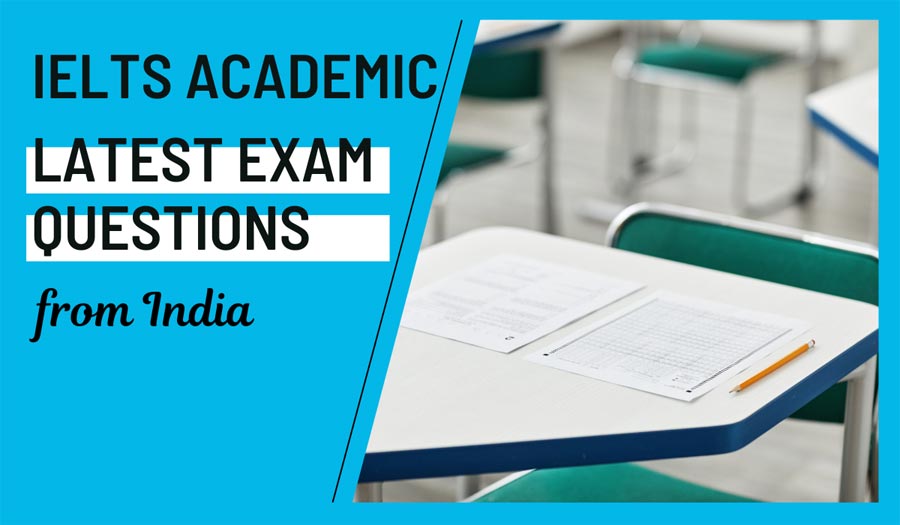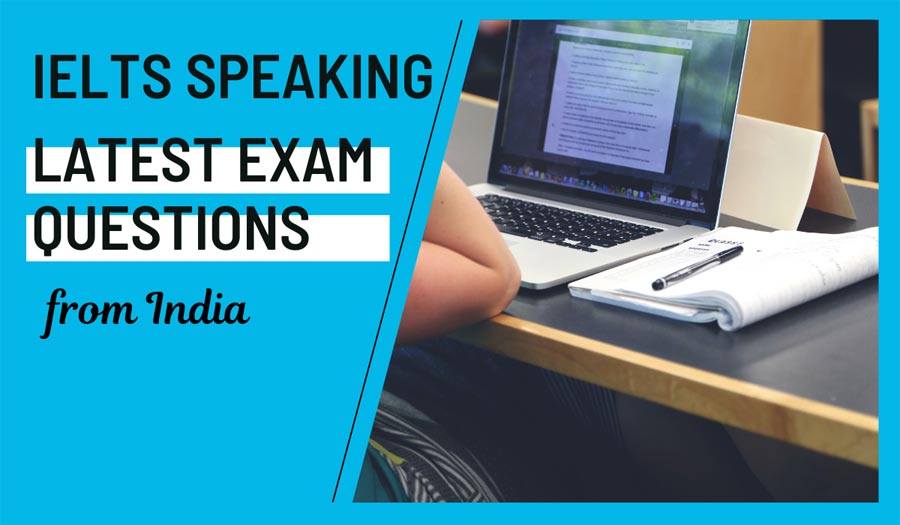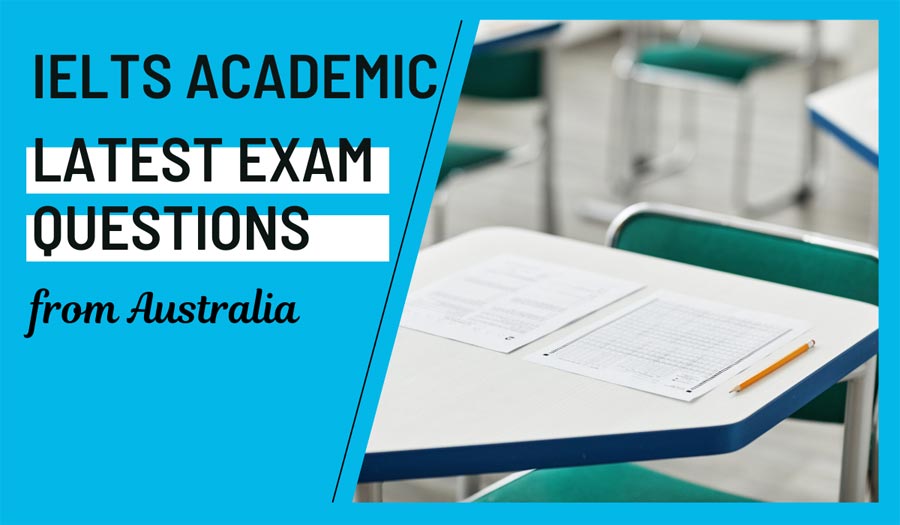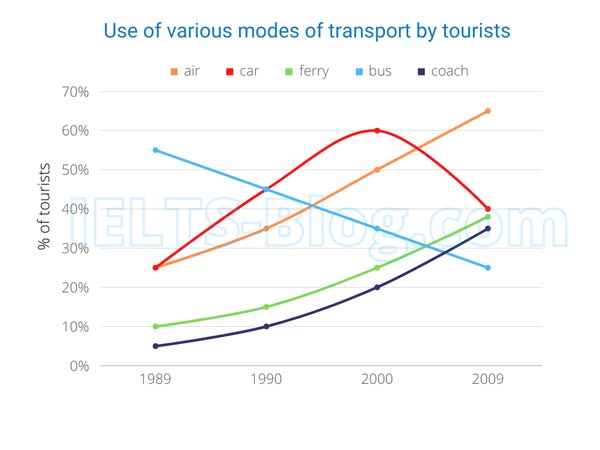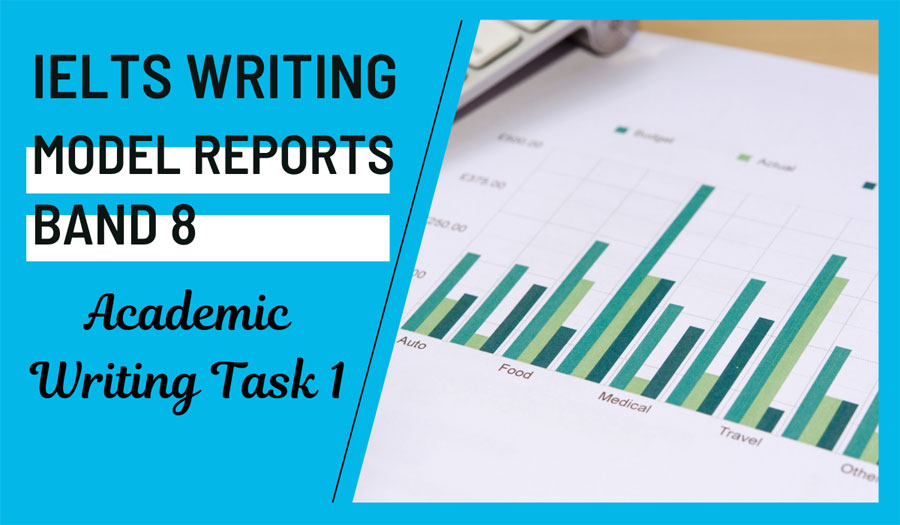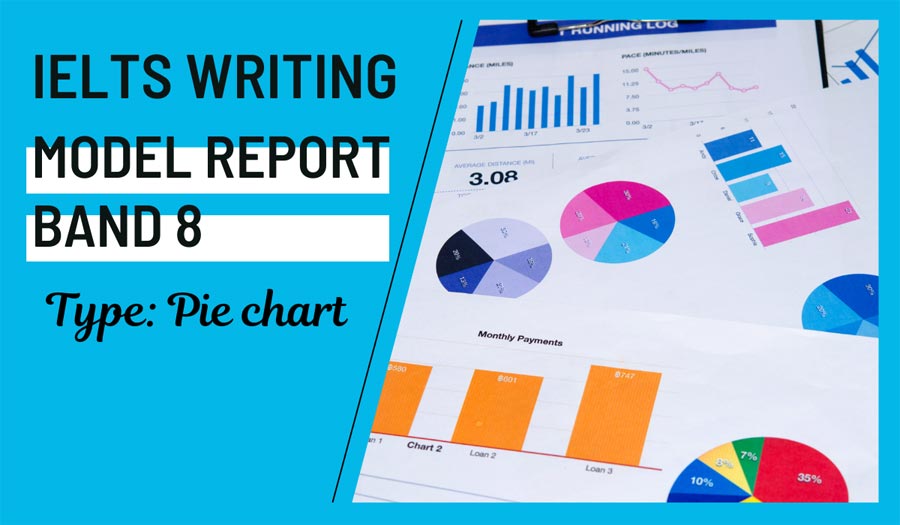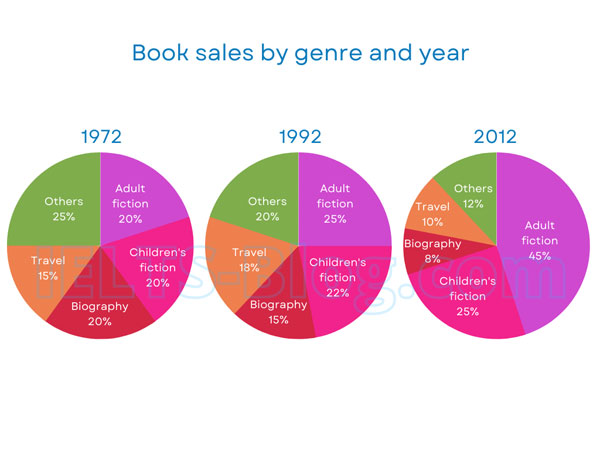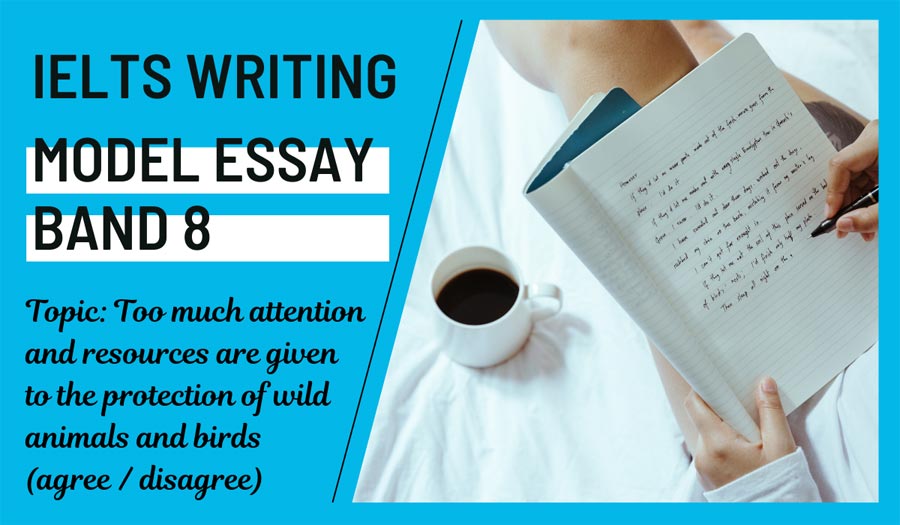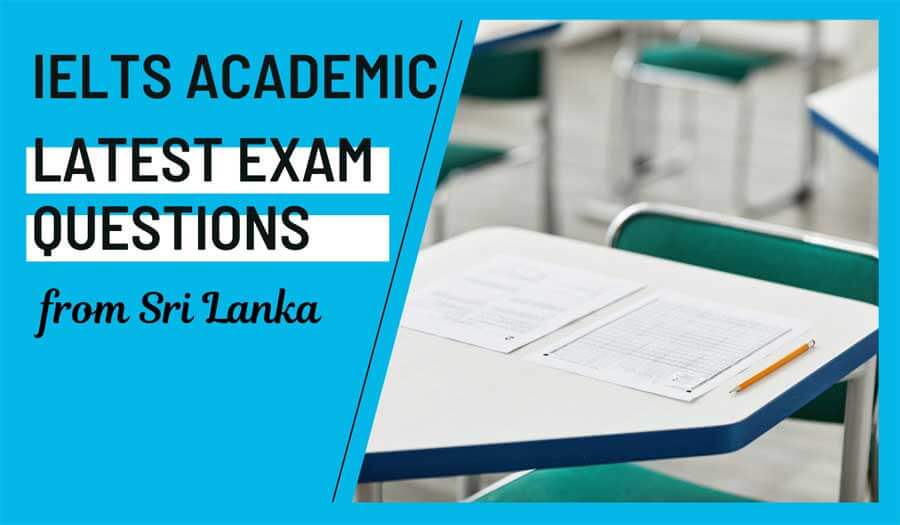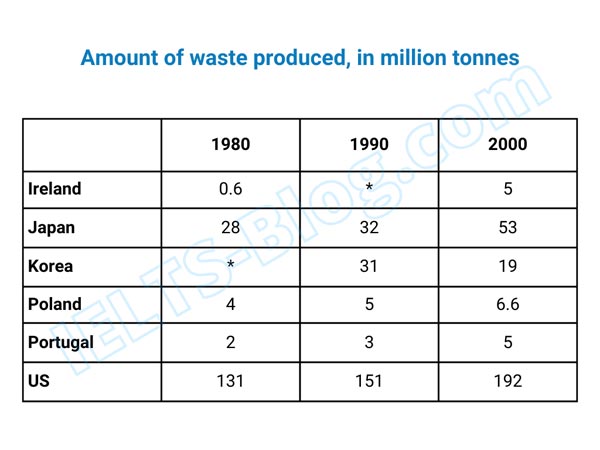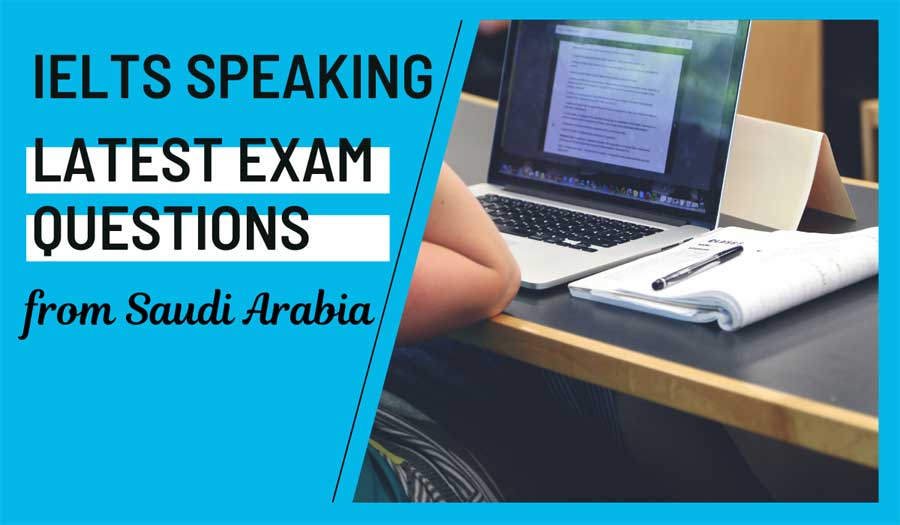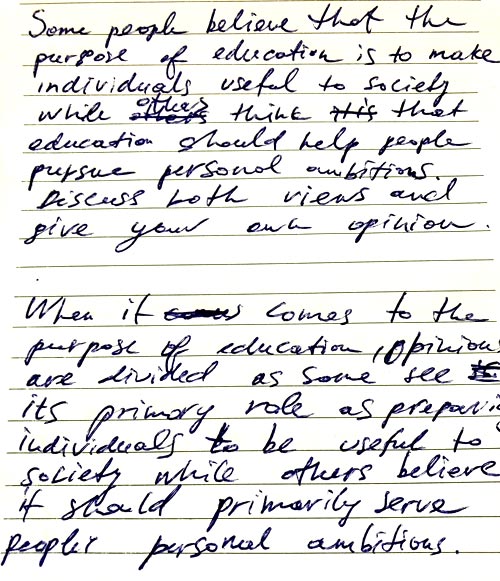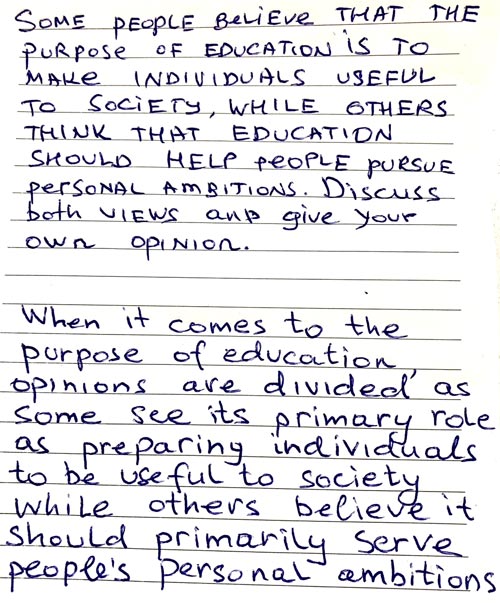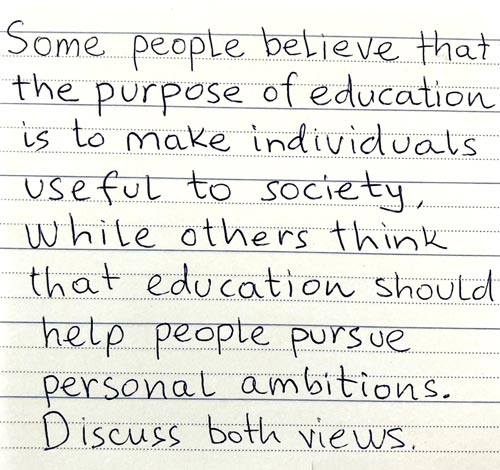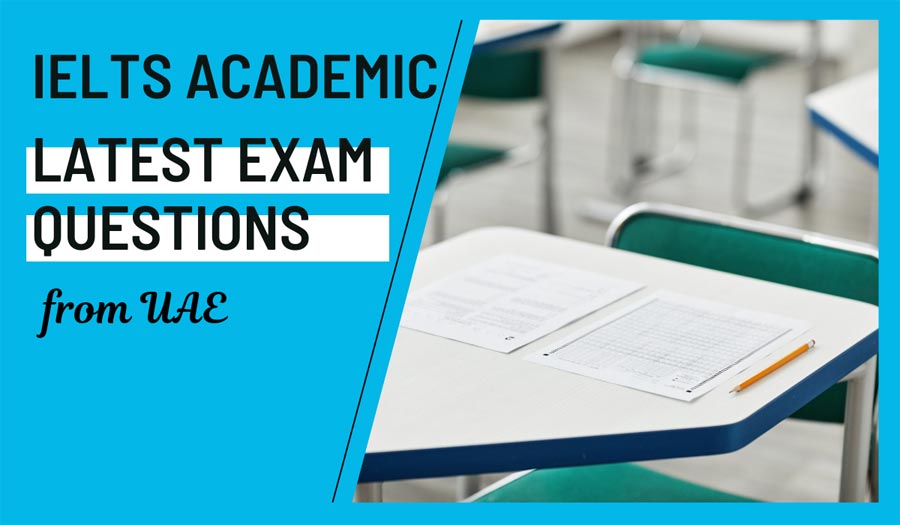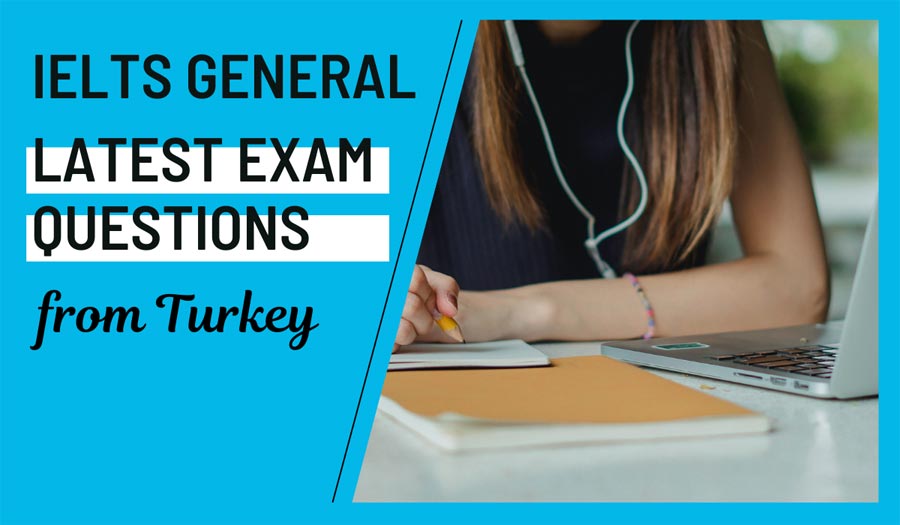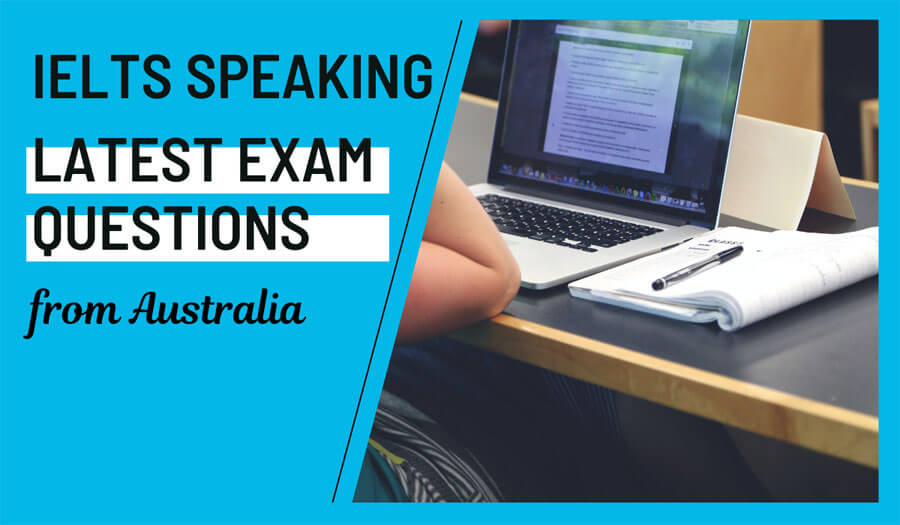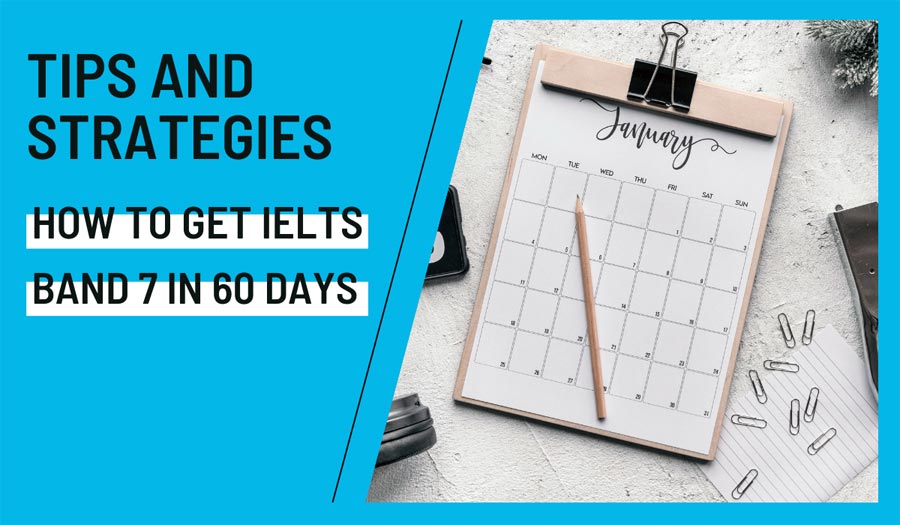
Preparing for the IELTS and aiming for a Band 7 score is a challenge, especially when time is limited. Many students just think of it and give up – before they even started. Often people think they don’t have enough time to study and that IELTS preparation means you have to spend hours studying. However, my experience proved times and times again that, with a focused approach, it’s entirely possible to achieve IELTS Band 7 in just 60 days by dedicating only 30 minutes each day to your study.
So in this post I am going to give you a strategic plan to optimise your study time, specifically targeting the skills needed to secure a Band 7 in your IELTS exam.
Understanding the IELTS Band 7 Requirements
Before you start, it is really important to understand what IELTS Band 7 demands. This score reflects a good level of English proficiency, where you can handle complex language and understand detailed reasoning. Each section of the IELTS – Listening, Reading, Writing, and Speaking – requires specific strategies to hit this band score.
Go over your week and find 5 days where you can study for IELTS 30 minutes a day. Make a timetable for your study schedule. It can be something very simple – like this:
Monday, Tuesday: 19:00 – 19:30
Wednesday, Thursday: 20:00 – 20:30
Friday: 12:00 – 12:30
Your 60-Day IELTS Band 7 Study Plan
Week 1-2: Laying the Foundation
Initial Assessment: Start by taking a practice test to find out your current level. Focus on identifying areas where you need improvement to reach that IELTS Band 7. These are the areas where you didn’t give enough correct answers for a Band 7. Use this calculator to find out your current score.
Work on Individual Skills: Allocate dedicated days to practice 30 minutes a day for each IELTS skill (Listening, Reading, Writing, Speaking). Use these resources tailored for IELTS Band 7:
1. IELTS Strategy book
2. Online practice tests
3. Downloadable and printable practice tests
Week 3-4: Intensive Skill Mastery
Reading and Listening: Alternate between reading and listening exercises. Aim to understand complex texts and audio materials, a crucial step for achieving IELTS Band 7.
Writing: Focus on essay writing but don’t neglect writing Task 1 reports / letters. Pay attention to structure, coherence, and advanced vocabulary – key elements for a Band 7 score.
Writing an essay initially takes longer than the 30-minute session you have planned, so break it down into two session. Use one session to plan your essay and think of ideas and vocabulary to use in it. Next day write your essay following the plan and using your notes from the day before.
Speaking: Practice speaking on a variety of topics. Record yourself to self-evaluate and improve.
Week 5-6: Mock Tests and Review
Full-Length Practice Tests: Simulate real exam conditions. This practice is vital for achieving IELTS Band 7, as it helps with time management and test endurance.
Doing a full mock test takes longer than 30 minutes, so break it down again into half-hour sessions. A full Listening test can be done in under 30 minutes. One Reading text should only take 20 minutes – use the extra 10 to check and analyse your answers. You will need 40 minutes for your essay, but only 20 for your writing task 1.
Focused Review: Analyse your answers in every skill. Understand what you need improve to meet the IELTS Band 7 criteria. Get feedback on your Writing and Speaking – in these skills you can’t rely on self-assessment alone.
Week 7-8: Final Preparations
Strategy Refinement: Work on test-taking strategies. For IELTS Band 7, it’s crucial to manage your time effectively and handle all question types confidently.
Confidence Building: Continue practicing all four skills, with an emphasis on building the confidence needed for the IELTS Band 7.
Longer sessions for full mock tests: You need to simulate the timed conditions of real IELTS to find out your level of readiness. These sessions will be 2.5 hours long – but you really need them to test whether you’re scoring Band 7 / 7.5 at home. This means you are ready for the real exam!
Bonus Tips for Securing IELTS Band 7
Regular Feedback: Seek feedback from teachers on your Writing and Speaking. Regular feedback is crucial to improve and achieve IELTS Band 7.
English Immersion: Watch movies in English, listen to the news, read books or news articles in English. This immersion will help you think and respond more naturally (like a native speaker), a key aspect of securing Band 7.
Health and Well-being: Remember, a healthy mind is just as important. Ensure you’re well-rested and relaxed as your exam approaches. Don’t drink alcohol the day before or on the day of your exam. Some students do it to calm the nerves, but it’s not a good idea because it dehydrates you and your mind won’t be as sharp and focused.
IELTS Band 7 Specific Resources: Take advantage of resources specifically
designed for achieving Band 7. This targeted preparation can make a real difference.
By following this structured 60-day plan and dedicating just 30 minutes a day, achieving an IELTS Band 7 is within your reach. Stay consistent, don’t skip sessions and trust the method. Start your journey towards IELTS Band 7 today!
The post How to Get IELTS Band 7 in 60 Days with Just 30 Minutes of Daily Study first appeared on IELTS-Blog.
https://ift.tt/RHLZsMm
from IELTS-Blog https://ift.tt/REAu8X9
via
IFTTT

